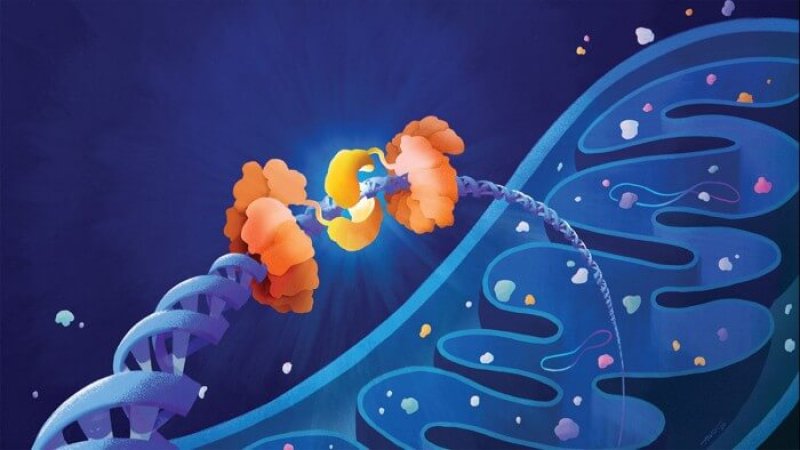But it has been difficult to study such disorders, because scientists lacked a way to make animal models with the same changes to the mitochondrial genome. The latest technique marks the first time that researchers have made such targeted changes, and could allow researchers to do this.
The work is a long way from being used in the clinic, [chemical biologist David] Liu cautions. Although his team’s initial studies found few off-target DNA changes — a common problem in CRISPR–Cas9 gene-editing — more studies in different cell types are needed, he says.
The technique could ultimately complement existing methods used to prevent or treat mitochondrial disorders. Some countries already allow a procedure called mitochondrial replacement, in which the nucleus of an egg or embryo is transplanted into a donor egg or embryo that contains healthy mitochondria.































